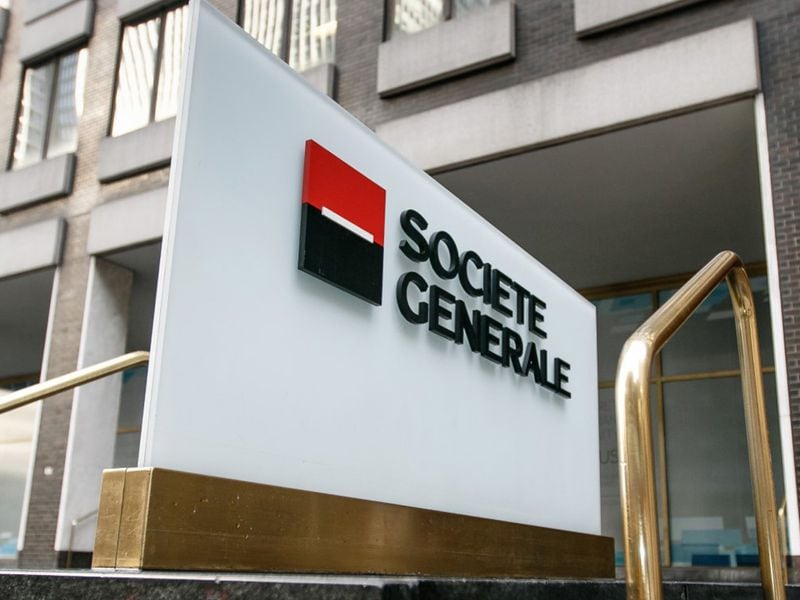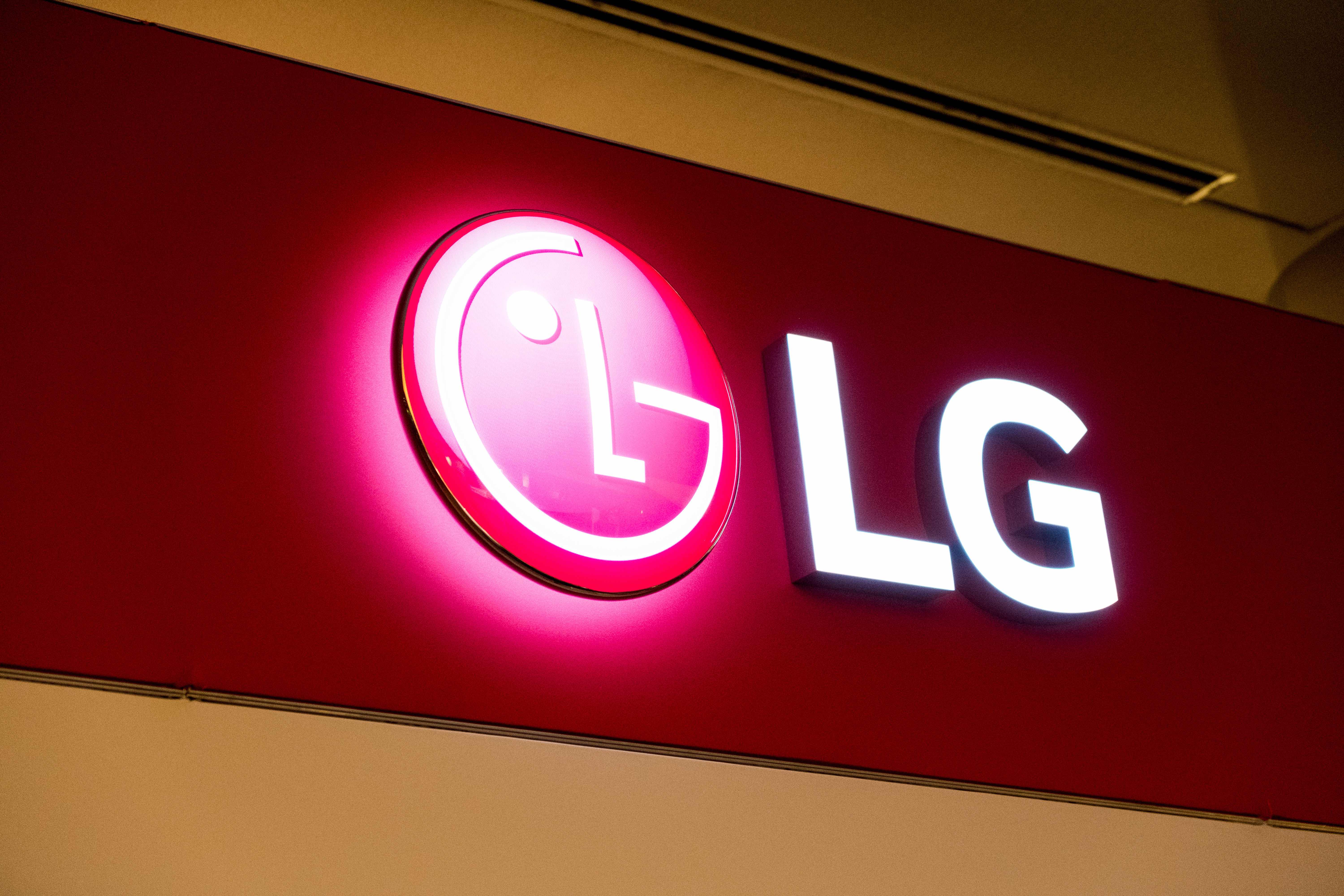How Miners Are Preparing for the Next Bitcoin Halving
As Bitcoin’s halving date approaches, miners are already carrying extensive research and planning. They are studying previous halvings’ effects on the Bitcoin network and analyzing how the cryptocurrency market reacted during those times, helping them understand potential challenges and opportunities.
The fourth Bitcoin halving is currently due to occur on April 16, 2024, where block rewards will reduce from 6.25 bitcoin to 3.125 bitcoin, per block.
This story is part of CoinDesk’s 2023 Mining Week, sponsored by Foundry. Anthony Power is a mining analyst at Compass Mining.
As a result, miners face double the energy costs to mine a single bitcoin, though they can mitigate these shortfalls by installing more efficient machines, managing their energy use optimally, putting aside cash reserves and hedging the risk on the financial markets.
Let’s consider how miners are preparing on these different fronts.
Bitcoin miners are looking to upgrade their hardware and software, with a number of North American Bitcoin miners making significant purchases of the most efficient miners available on the market to prepare themselves for the forthcoming halving.
Marathon Digital (MARA) purchased 78,000 units of Antminer S19 XP mining machines, the most efficient machine on the market today, providing close to 11 EH/s in hash rate. The majority of these machines were delivered in 2022 and have been installed and energized this year and will take their operational hash rate in North America to 23 EH/s by mid 2023.
In April 2023, CleanSpark (CLSK) announced a purchase of 45,000 Antminer S19 XP mining machines, once deployed, in Q3 2022, they will provide 6.3 EH/s of additional hash rate taking their total hash rate growth to 16 EH/s by year end.
Riot Platforms (RIOT) announced in June 2023 it had purchased 33,280 next-generation Bitcoin miners from MicroBT, providing an additional 7.6 EH/s miners to increase self-mining capacity to 20.1 EH/s upon full deployment in 2024.
Having control of your sites where the Bitcoin mining machines are installed is really important, as you really need to have control of when machines need to be switched on/off.
Cheap sustainable renewable energy
Energy represents the largest cost incurred in bitcoin mining is the cost of energy used to mine the Bitcoin and as it will continuously double every halving, it’s essential that miners are able to utilize the cheapest sustainable and renewable energy cost available. If they are not able to access fixed price energy contracts, they must have the flexibility in curtailing their energy use as the price rises and therefore becomes unprofitable to mine Bitcoin.
CleanSpark (CLSK) are already developing automation that allows for the maximization of uptime and firmware that provides them the ability to underclock and overclock as the situation presents itself, along with managing their power strategy in Georgia (GA), thereby placing them in a great position come the halving.
We have witnessed in recent months, a number of Texas based miners have been using energy strategies to increase their revenues. Riot Platforms has taken advantage of being active in the Electric Reliability Council of Texas (ERCOT) market, supplying power when needed and switching off their systems to help balance the grid. It has a long-term power purchase agreement in place, enabling tit to keep the cost of mining bitcoin low. Through participation in these programs, during the month of June 2023 the company generated $8.4 million in power sales and $1.6 million in demand response revenue.
The previous halving cycles have shown that after the halving occurs and there’s more scarcity of Bitcoin, the price does not immediately increase, as one would expect. During the last halving in 2020, it took close to five months for the price of Bitcoin to gain an upward traction. It is therefore necessary for miners to build cash reserves and have a sufficient cash runway in readiness for the halving to cover the immediate loss in revenues.
A number of Bitcoin miners have been recently diversifying their businesses and incorporating additional revenue streams. Hut 8 (HUT) announced in January 2022 that it had acquired the cloud and colocation data center business from TeraGo Inc, a data center business. Once complete, the acquisition will establish Hut 8 as a leading high-performance computing platform, providing unique positioning for the company within the digital asset ecosystem.
In June 2023, the company also announced a five year partnership with Interior Health Authority, British Columbia to support their operations by delivering safe, secure, and reliable colocation services from the company’s flagship Kelowna data center.
Hive Digital Technologies (HIVE) and Iris Energy (IREN) are also diversifying into high performance computing, cloud and artificial intelligence services.
There are now companies that offer their service to help mining companies hedge their risk, in terms of electricity cost and hash rate. This may provide an opportunity for miners to consider in the run up to the halving.
The points above are not exhaustive, but hopefully provide a clear understanding of the issues faced as these bitcoin miners prepare for the next halving.
In the event the bitcoin price increases significantly before the halving, readers can more or less ignore the first three points (because a rising price makes everything better for miners).
My recent article for Compass Mining How miners are preparing for the halving also provides a look from a financial perspective and compares the Bitcoin mining margins achieved during Q1 2023.
Edited by Ben Schiller.









